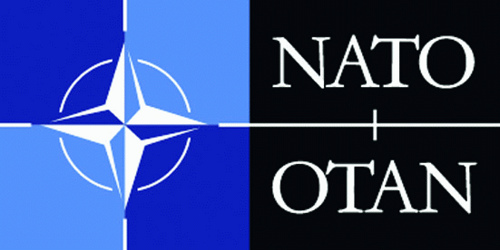
From Vladimir Socor, the New Atlanticist: Among European allies, many welcomed the chance to restore NATO’s credibility in Libya, after a long drawn-out failure in Afghanistan. Many also felt that NATO had to regain American confidence, take over this mission from an overextended US, and show that Europeans are still capable of acting despite drastic cuts in their military budgets. However, NATO’s decision to rely almost entirely on air power meant that only a handful of allies could actually participate in combat.
The Alliance’s Secretary-General, Anders Fogh Rasmussen, embraced a universal “responsibility to protect” peoples from violence as the sole rationale for the Libya intervention. This doctrine, however, has no basis in any NATO documents; and it contradicts the spirit of NATO’s new Strategic Concept, only recently adopted at the Alliance’s Lisbon summit, which has re-emphasized the Alliance’s core mission to protect its member countries. If taken seriously, a universal humanitarian responsibility would drain NATO of resources that are already being misallocated by many member countries, and diminishing in net terms. The Secretary-General himself is second to none in decrying this state of affairs, which a protracted intervention in Libya aggravates even further.
France, Britain, NATO collectively, and (initially) the Obama administration embarked on this mission each from its specific motivations. But they commonly seemed to expect the proverbial brief victorious war, against rudimentary forces in a wide-open country, with no significant impact on NATO’s resources. That shared assumption has not been borne out; and NATO is not debating why and how this happened.
Vladimir Socor is a contributing editor for the Atlantic Council, and senior fellow and long-time senior analyst with the Jamestown Foundation. This piece was originally published by the Jamestown Foundation.
Image: NATO-OTAN_0.jpg
